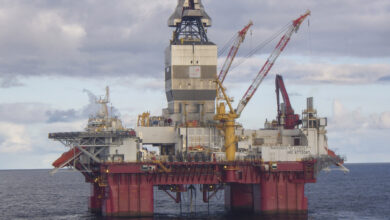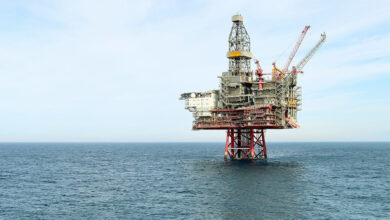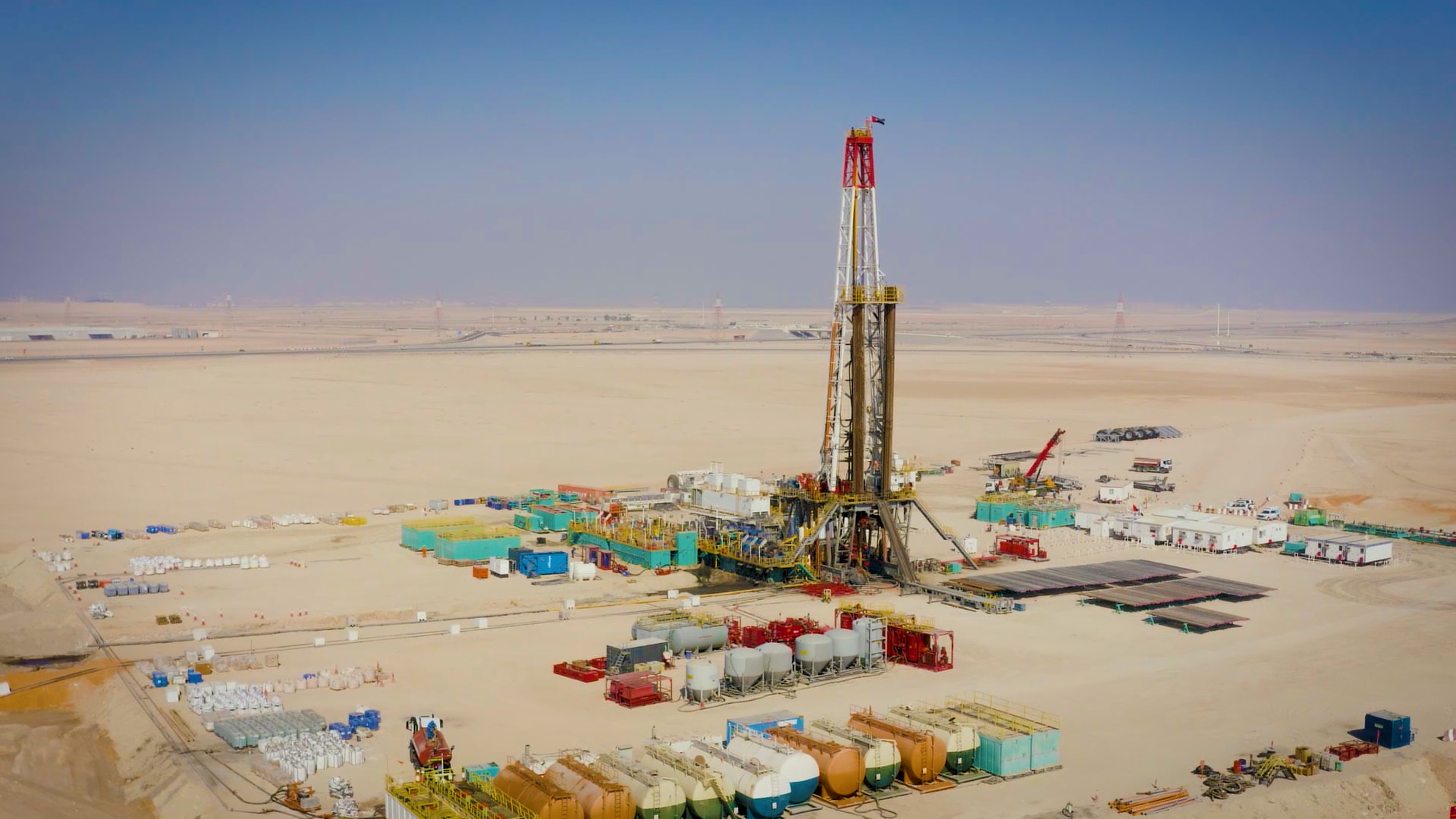Taxes, costs dim Polish unconventionals, but optimism remains

By Mike Killalea, editor/publisher
Two years ago, Poland promised a bright future for unconventionals, but today, high costs, government intervention and skyrocketing taxes have slowed work and dampened enthusiasm. Despite this, more than seven out of 10 Poles support shale development, studies show. “Local communities increasingly perceive shale gas as safer for the environment and humans,” remarked Henryk Ditko, vice president of the management board, operations for Exalo. Exalo was formed through a merger of five service companies under the umbrella of the Polish Oil & Gas Company (PGNIG).
Mr Ditko cited two studies. A nationwide survey produced a 72% approval rating, while approval among Poles in the north and east reached 78%. The surveys were produced by the Public Opinion Research Center and TNS Poland Research, respectively, Mr Ditko explained, speaking at IADC Critical Issues for Unconventionals Europe 2013, held last week in Warsaw, Poland.
Such support is not the case across Europe, however. Several countries have imposed bans on hydraulic fracturing. Chevron decided against pursuing exploration plans in Romania, concerned that the company could not guarantee the safety of its people.
4x US gas prices
Gas prices quadruple US levels are a huge plus for Polish and, indeed, European shale development. “Even if we have higher costs for drilling, we have higher gas prices,” Dariusz Janus, CEO of LST Capital, said.
According to figures presented by Mr Janus, an equivalent US $4.50/cu meter gas price – on par with prices of Russian gas imports in 2012 – would mean a whopping 61% internal rate of return (IRR) on Polish shale gas. Even at US $3/cu meter, IRR would stand at 32%.
And the prize is worth pursuing. According to the Polish Geological Institute, Polish proven recoverable natural gas reserves stand at 100 billion cu meters, with recoverable shale gas resources a whopping 346 billion cu meters.
“There is a bright future for unconventionals in this region and around the world,” observed Andrew Rawicki, onshore Europe operations manager for Chevron Upstream Europe.
A dearth of drilling
However, all this good news has not translated into results. To date, some 105 exploration licenses have been granted in Poland, but only 51 wells have been drilled. Further, several leading operators have pulled out, notably ExxonMobil, Marathon and Talisman.
“This was a very disturbing message,” remarked Grzegorz Kus, manager-tax and legal services, PwC. “The good news is that some are still here, such as Chevron and ConocoPhillips.” Mr Kus was a featured speaker at the conference, for which Chevron and ConocoPhillips were gold sponsors.
That’s how much tax?
Mr Kus related that several companies with exploration licenses are holding their fire, awaiting anticipated tax changes. Under the planned regime, taxes and fees on Polish shale gas will nearly double, from 21% of gross profit to 40%, Mr Kus noted. However, he cautioned that some companies’ internal calculations predict that the actual tax rate will range from 60% to as much as 130%. Plenty of new taxes are planned – excise duties, royalty taxes and a “special hydrocarbon tax,” none of which previously existed. Further, Mr Kus said, exploitation fees will nearly quadruple.
To temper these onerous and likely unsustainable levels of taxation, the government will not collect new hydrocarbon taxes until 2020, and the special hydrocarbon tax will be due only when cumulative revenues exceed cumulative expenditures – in other words, when a profit emerges. Unspecified new tax exemptions are also planned, he said.
Lack of stable government policies hamstring efforts in unconventionals around the region. For example, Chevron nixed plans for an exploration well in Lithuania recently due to fiscal changes imposed prior to granting the license.
“When it became time for the government of Lithuania to make a recommendation on the award, we graciously declined,” Mr Rawicki said.
Cost squeeze
Realizing the Polish unconventionals potential will require significant investment, Wieslaw Prugar, president of the management board for Orlen Upstream, predicted that some US $3 billion must be put into the ground.
Cookie-cutter drilling programs won’t work, he indicated. Block-to-block geological differences mean that a successful approach in one block may fizzle in another.
Further, fewer than 10 rigs are active in Poland, Mr Prugar noted, and only 100 are on the entire continent.
“If you are going to charge high prices, you will be gone from this market, because we will not invest,” Mr Prugar said.
However, Exalo’s Mr Dytko maintains that prices remain affordable. “In my opinion, drilling costs in Poland are similar to the US,” he said.




